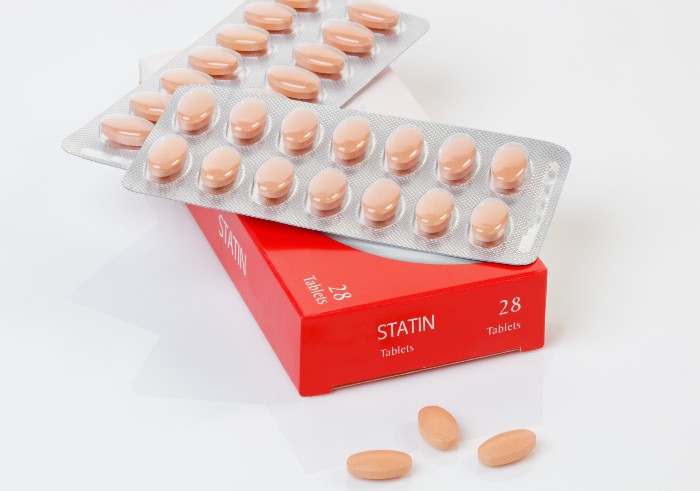Most side effects of statins down to 'nocebo effect'
In News
Follow this topic
Bookmark
Record learning outcomes

Researchers have found that most of the unpleasant side-effects people suffer after taking statins is down to the negative association they have with the drug rather than the biological impact of the treatment itself.
Sixty patients who had all recently stopped taking statins were recruited to the study conducted by Imperial College London.
Each patient was given 12 bottles over the course of a year, four containing 20mg of atorvastatin, four a placebo tablet while the remaining four were empty. The bottles given to patients each month were randomly selected by a computer.
On each day over the 12 months, patients recorded if they had taken the treatment or not and, using an app, rated the severity of their symptoms from zero to 100. The highest rating indicated the worst symptoms.
The average intensity score for symptoms among the 60 patients was 15.4 in the months they took the placebo, 16.3 when they took statins and 8 when no tablets were taken.
The study found that 90 per cent of the symptoms were reported by people who took a placebo which they assumed was a statin. This is known as the nocebo effect.
Almost eight million people in the UK take statins to lower their cholesterol but as many as a fifth stop taking them because of side-effects including fatigue, sickness and joint pain.
“The beauty of this study is that it’s personalised. For the first time, patients were able to see for themselves that statins did not cause their side effects but the physical act of taking a pill did,” said British Heart Foundation medical director Nilesh Samani.
“These results undeniably show that statins are not responsible for many of the side effects attributed to them. Decades of evidence have proven that statins save lives and they should be the first port of call for individuals at high risk of heart attack and stroke.
“This study empowered many of the participants to go back onto statins, which will undoubtedly lower their risk of having a life-threatening heart attack or stroke. We now hope that these findings continue to encourage more people to consider statins with an open mind, and help healthcare professionals to have evidence-based conversations with their patients to ensure they receive the treatment that’s right for them.”
